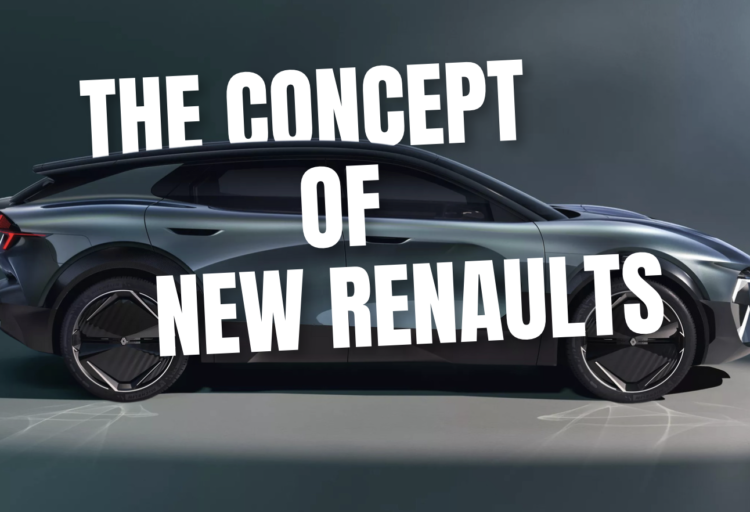Volkswagen, a symbol of Germany’s automotive industry, is under immense pressure. Europe’s largest automaker faces intensifying competition and unsustainable labor costs at its domestic plants. Current negotiations with unions highlight serious issues that could profoundly impact not only Volkswagen but the entire German automotive sector.
The battle over savings and jobs
Volkswagen’s management has proposed drastic measures, including wage cuts, layoffs of thousands, and even shutting down some German plants. Unions, represented by IG Metall, strongly oppose these moves, threatening strikes. They’ve proposed €1.5 billion in savings through measures like postponing bonuses or introducing flexible working hours. However, this comes with a condition: no plant closures and no job cuts.
Union leaders, including works council chairwoman Daniela Cavallo, argue that Volkswagen is crossing “red lines” and failing to seek sustainable solutions. Cavallo emphasizes the need for alternatives that secure the future of all German plants. Yet, Volkswagen’s leadership includes plant closures in every scenario presented so far.
The challenge of high costs
One of the core issues fueling the crisis is Volkswagen’s high labor costs. Analyses from Germany’s automotive association (VDA) and Reuters reveal that the company spends a significantly higher share of its revenue on employees compared to competitors. While BMW, Mercedes-Benz, and Stellantis range between 9.5–11%, Volkswagen globally spends 15.4%. In some German plants, this figure rises to 17.5%.
Historically, Volkswagen’s unions held significant power, leading to agreements that protected jobs in Germany. However, these agreements have now become a burden, prompting Volkswagen to distance itself from them. German factories are far less competitive than those in cheaper regions, pushing the company toward drastic cost-cutting measures.
Pressure from China and Falling Margins
Adding to the challenge is the growing competition from Chinese automakers, who are aggressively expanding into the European market, particularly in electric vehicles. Volkswagen, already struggling with declining profit margins, must tackle this competition while also reducing domestic costs. Some factories, like Osnabrück, have no viable production plans for next year, further amplifying calls for closures. Chinese competition is also hurting Volkswagen in China, where it’s losing market share, especially in the EV segment. This loss eliminates substantial profits previously used to offset high European costs.
What’s Next?
Volkswagen’s situation reflects broader challenges for Germany’s automotive industry, which is at a crossroads. E-mobility, globalization, and new market dynamics are rewriting the rules. German companies must decide whether to invest in maintaining domestic production or shift focus to cheaper overseas alternatives.
Volkswagen remains profitable, which unions argue makes radical cuts unnecessary. However, unless the automaker can compete with more cost-efficient players, its market position could gradually erode.
Source: euronews





Leave a Reply